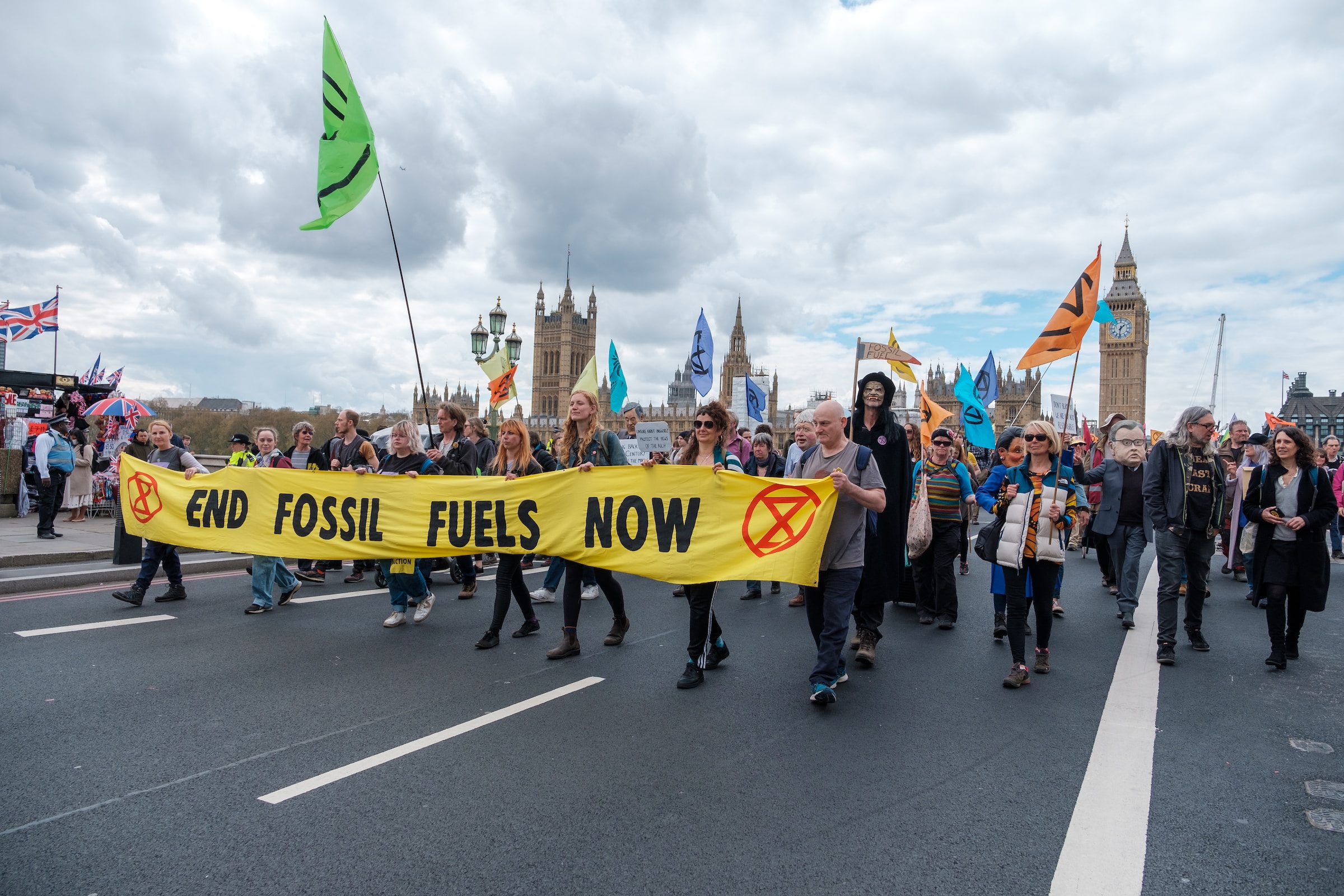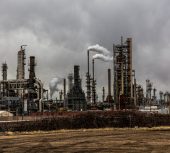KUALA LUMPUR, Malaysia – Amid rising global temperatures and dire predictions about the future, climate finance has been thrust into the spotlight. As the developing world grapples with the brunt of climate change, the financial commitments from richer nations appear more as empty promises than solutions.
Global Warming's Unequal Burden
Developing nations bear the brunt of climate change's adverse effects, even though they contribute minimally to the problem. As richer nations accelerate global warming, their financial commitments to combat this crisis remain underwhelming. The Inter-Governmental Panel on Climate Change (IPCC) revealed a significant gap between what's needed and what's provided. Despite annual adaptation costs reaching an alarming $411 billion, the total climate finance stands at a mere average of $60 billion yearly.
The Reality of Climate Finance
While official estimates boast of a record $80 billion mobilized in 2020, these numbers are viewed skeptically, with many seeing them as grossly exaggerated. Furthermore, rich countries seem more inclined to offer loans rather than grants, pushing developing nations further into debt. These countries, already reeling under the weight of climate and debt crises, find themselves caught in a vicious cycle.
Fossil Fuels: Still the Favorite Child
In stark contrast to the limited climate finance, rich countries continue to subsidize fossil fuel industries heavily. While the Organization for Economic Cooperation and Development (OECD) and International Energy Agency (IEA) estimate annual subsidies at $555 billion, the IMF places the number at a staggering $5.9 trillion when taking into account implicit subsidies.

Private Finance: Not the Hero We Need
The role of private finance in combating climate change is contentious. The major players in the fossil fuel industry, including BlackRock, Vanguard, and Capital Group, are based in wealthy nations. Their investments contribute significantly to the GHG emissions, often overshadowing other sectors.
Policy Reversals and the Way Forward
Recent events, like the Ukraine war, have caused many governments to backtrack on their climate commitments. Instead of using the situation as a catalyst for change, they're perpetuating the problem. The call for a Global Green New Deal (GGND), advocating for a green and equitable recovery, resonates even louder now.
In conclusion, while the world stands at a critical juncture, the need for meaningful action from rich nations is paramount. Empty promises won't deter rising temperatures, and the clock is ticking for real solutions.
©GlobalCO2.uk





